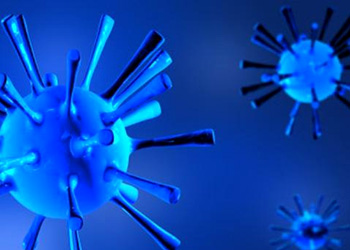 Acquired or adaptive immunity develops following exposure to an antigen
Acquired or adaptive immunity develops following exposure to an antigen The adaptive immune system evolved in early vertebrates and allows for a stronger immune response as well as immunological memory, where each pathogen is "remembered" by a signature antigen. The adaptive immune response is antigen–specific and requires the recognition of specific non–self antigens during a process called antigen presentation. Antigen specificity allows for the generation of responses that are tailored to specific pathogens or pathogen–infected cells. The ability to mount these tailored responses is maintained in the body by "memory cells". If a pathogen infects the body more than once, these specific memory cells are used to quickly eliminate it. This process of acquired immunity is the basis of vaccination.
In acquired immunity, pathogen–specific receptors are "acquired" during the lifetime of the organism (whereas in innate immunity pathogen–specific receptors are already encoded in the germline). The acquired response is said to be "adaptive" because it prepares the body's immune system for future challenges (though it can actually also be maladaptive when it results in autoimmunity).